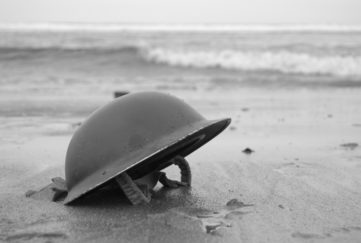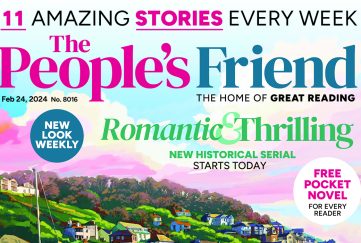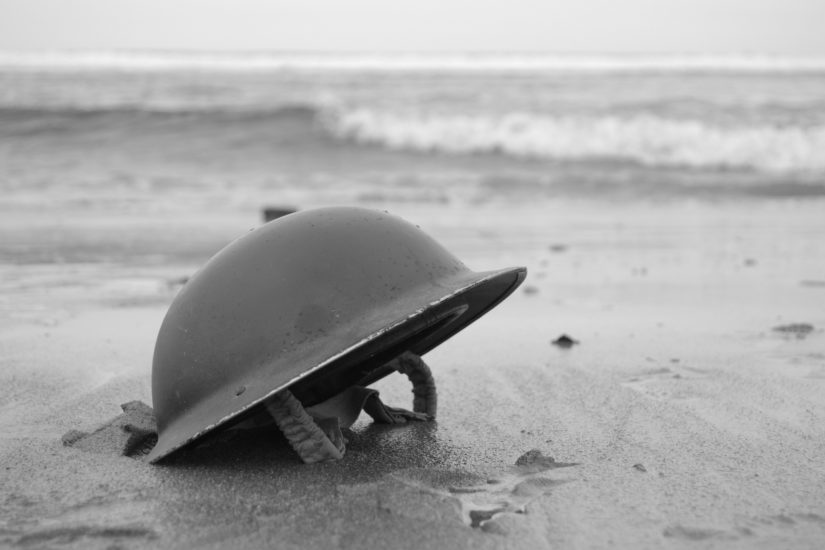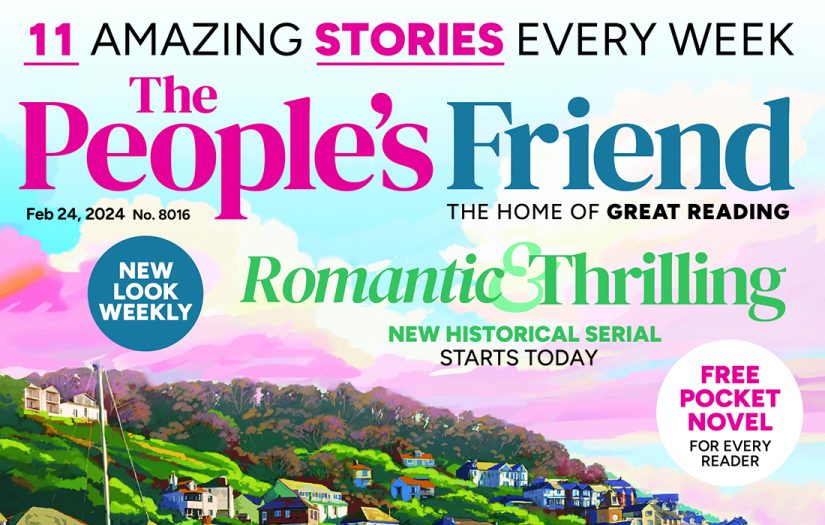The Perils Of Old TV Shows
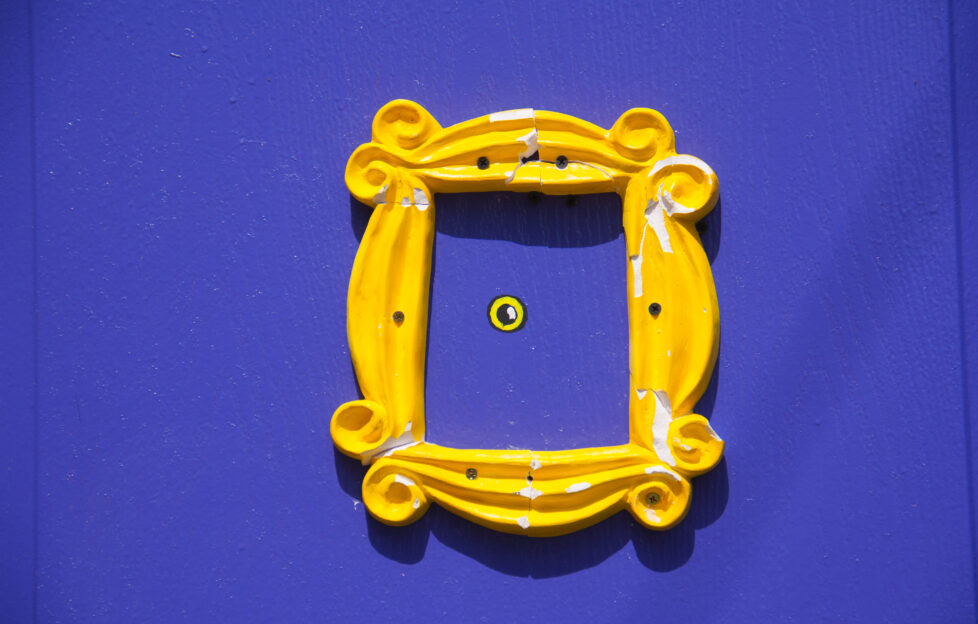
Like a lot of people, I had grand plans of using the coronavirus lockdown period to do productive things. Unfortunately — like most people, I assume — I didn’t get round to most of them . . . it was difficult to find motivation so many old tv shows to re-watch!
I’d already seen some of the programmes I decided to tackle (“Elementary”); I’d had some on my list for a while (“The Terror”); and some were undiscovered gems from a few years ago (“The Shield”).
I would recommend all three of these, but especially “The Shield”. All seven seasons were excellent, although content-wise it will not be suitable for everyone.
And speaking of that . . .
Revisiting the past
There’s an ongoing debate about the merits of re-watching old TV shows.
With the recent “Friends” reunion, a whole new generation found themselves discovering a new thing to binge-watch . . . and a new thing to be offended by.
People have taken offence to a number of jokes from throughout the series’ 10-year run, which they deem to be racist, sexist, homophobic or transphobic in nature. Consequently, there have been calls for the show to be “cancelled”.
Now, an important disclaimer: I’m not a fan of racism, sexism, homophobia, or transphobia.
I am a fan of “Friends”, however. And attempting to “cancel” it, or any show, because it offended someone more than a decade after the last episode aired seems borderline silly.
(Incidentally, I don’t believe that any of jokes in the show were racist, homophobic or transphobic. I believe they are jokes, and that’s clear from the set-up and pay-off. I might be wrong, but I’m struggling to recall any that were truly mean-spirited. The treatment of women throughout the series’ run does frequently feel sexist, though, there’s no escaping that. Plus there are some real concerns about how white it makes New York look).
In fact, at the time in which it was made “Friends” was actually ahead of its time in many ways. Our own friends over at Stylist magazine have put together a great list about this.
It’s this context that folks frequently fail to consider before picking up their torches and pitchforks.
It’s a literary problem, too
In the literary world, these types of disagreements usually lead to debate.
If someone has a problem with a piece of work, usually they will write about it in a magazine or journal, and others may write in to agree to disagree with their point of view.
What they don’t traditionally do is demand the whole run of the offending book is pulped, or the piece of classic literature is removed from school curricula.
Unfortunately there’s been a bit of the latter recently, with schools from Scotland to California choosing to no longer teach books like “The Adventures of Huckleberry Finn” and “To Kill A Mockingbird” because of objections over content.
Of course, each school has the right to choose what it teaches its pupils, in consultation with parents. But these moves seem to be more about avoiding PR problems than updating lesson plans.
Undoubtedly there are things in these novels that might offend modern sensibilities. They were written in quite literally a different time.
But at what point did we decide there was no merit in discussing these elements; getting to the bottom of why they’re in there, and why they wouldn’t be in a novel published today?
One man banned
Ultimately, I’m going to keep watching and reading “problematic” things, if they’re interesting enough.
But with the way things are going, this current generation might not. And that’s a shame.
Think of everything they’ll miss out on.
For more from the “Friend” team, click here to read our blog.



